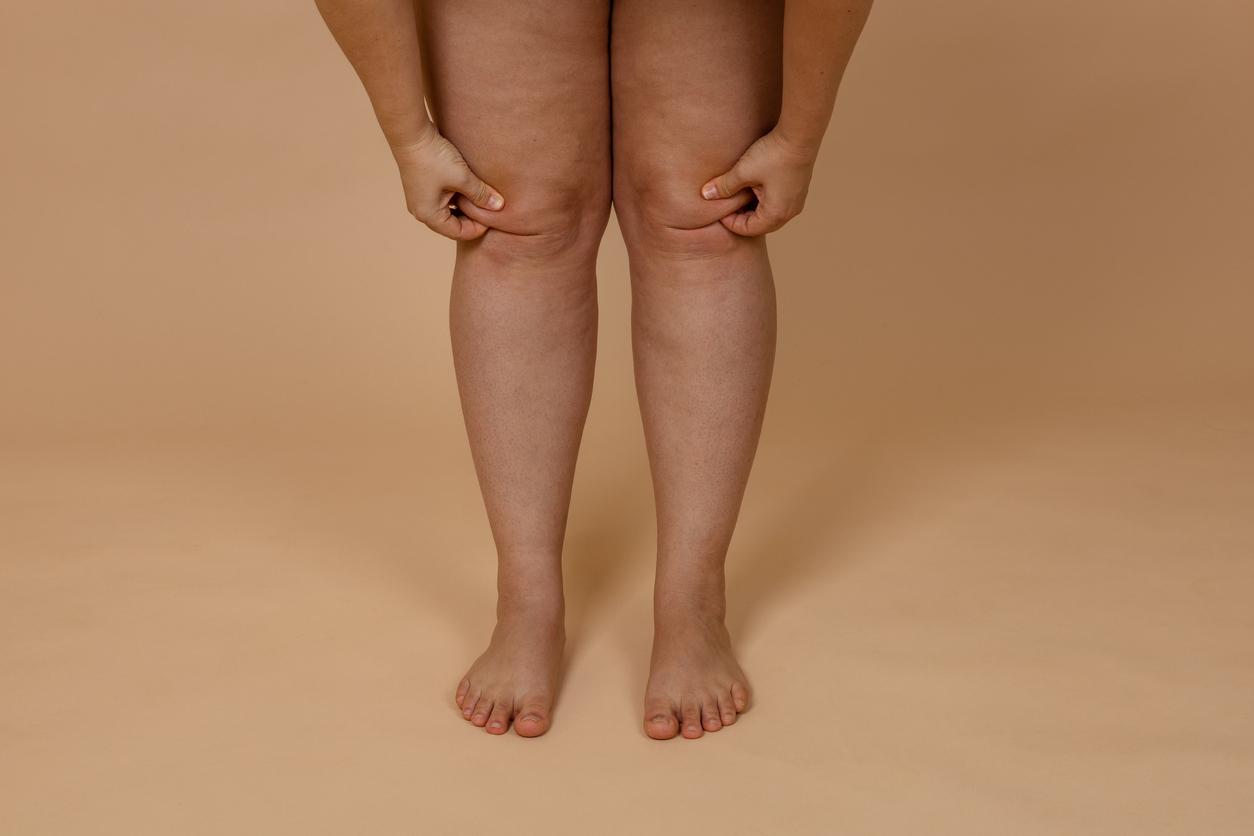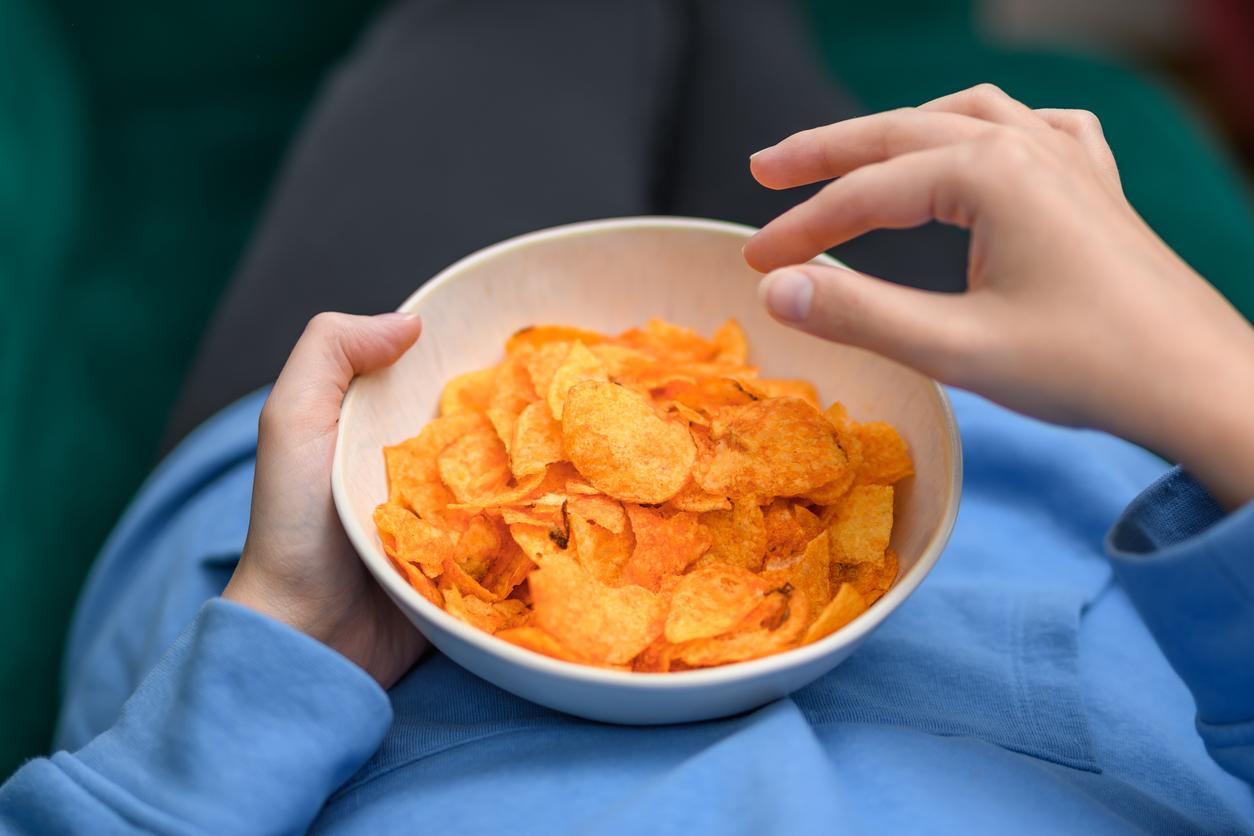February 9, 2005 – A diet high in fat, especially saturated fat, would increase the risk of gastroesophageal reflux disease, while a high fiber intake would have the opposite effect, report US researchers.
Case study1 that they have carried out corroborates in a more precise way the results obtained previously, within the framework of epidemiological studies, which had established a link between the frequency of symptoms of gastric reflux and a high dietary intake of fat.
The study authors examined the effect of 13 nutrients on gastric reflux. The quantity and frequency with which fruits, vegetables, meats, dairy products and grains were consumed were collected over a period of one year from 371 people, mainly women.
After measuring the daily intake of vitamins, minerals, proteins, fats and carbohydrates in people without gastric reflux, they compared them with the same measurements obtained from individuals with such reflux.
Overall, 27.7% (103 of 371) of participants reported weekly attacks of gastric reflux. They consumed more fat (total, saturated, and cholesterol) daily and were at increased risk of suffering from gastric reflux. Conversely, a higher consumption of fiber had a protective effect by reducing the risk of experiencing the discomfort associated with this malfunction of the sphincter located at the junction of the esophagus and the stomach.
In addition, in people with a body mass index greater than 25 kg / m2 (threshold of obesity) and suffering from gastric reflux, the consumption of saturated fat was significantly higher than that of participants without symptoms.
If obese people thus seem to be more at risk of suffering from gastric reflux, the authors stress that they do not know however to what extent the effects of saturated fat are dissociable from obesity itself in the calculation of the risk.
Chocolate, coffee, tea, mint are also foods that it seems desirable to avoid in order to prevent gastric reflux, according to current scientific research. In Canada, it is estimated that about 20% of the population suffers from this inconvenience.
Marie france Coutu – PasseportSanté.net
1. El-Serag HB, Satia JA, Rabeneck L, Dietary intake and the risk of gastro-oesophageal reflux disease: a cross sectional study in volunteers, Gut, January 2005; Flight. 54, No 1, 11-7.















